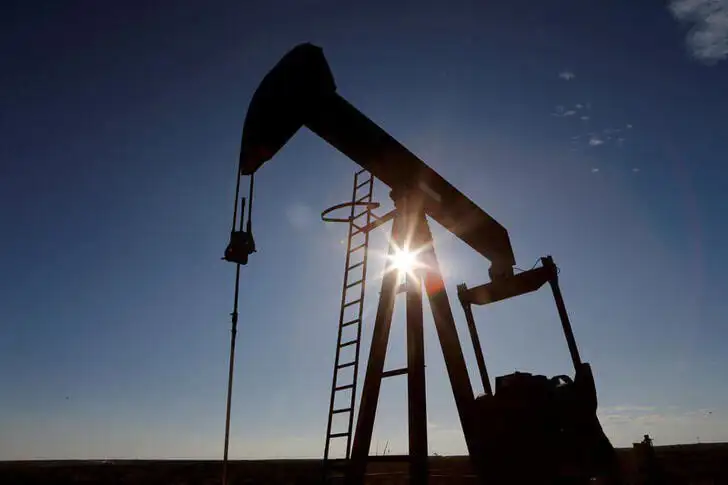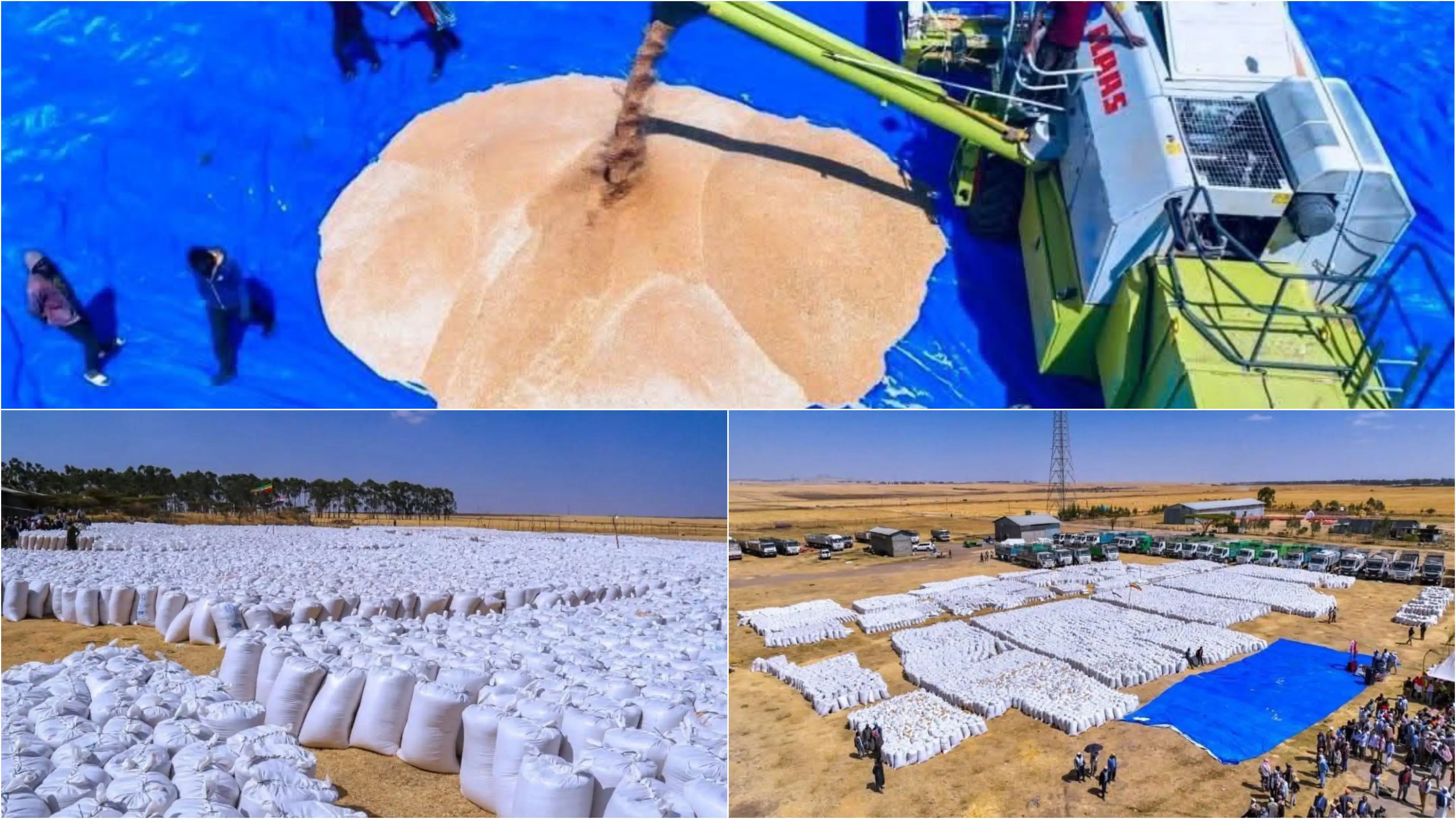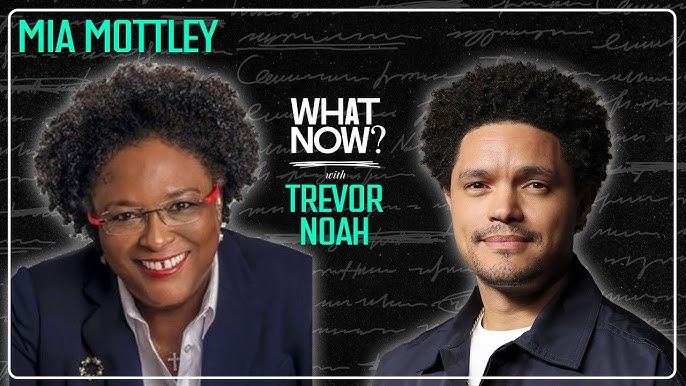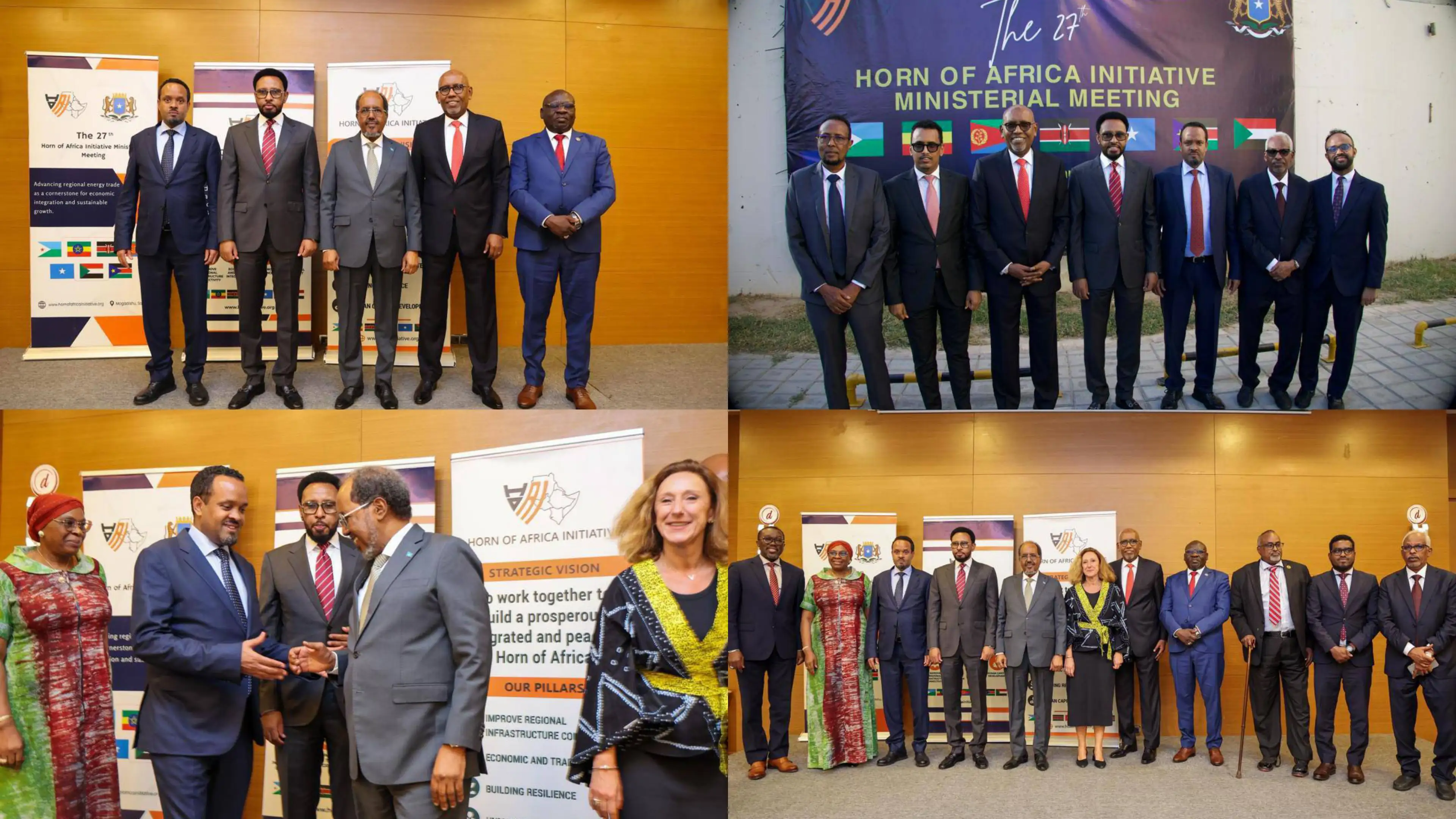Ethiopia has confirmed a "huge" natural gas reserve of 21 trillion cubic feet in a single location, Prime Minister Abiy Ahmed told the nation's Parliament today, signaling a major potential shift in the country's economic fortunes. Dr. Abiy Ahmed revealed the figure, which he said had been verified by a third party, during a briefing on the mining and gas sector. He noted that the sector currently contributes a share to the national economy. Dr. Abiy urged swift action to monetize the deposit, stating, "Instead of regretting why we couldn't use this resource for years, it is expected of all of us to recognize the current potential and use it quickly."
The announcement comes as the government accelerates a key gas project. Dr. Abiy explained that after an earlier project stalled, the administration negotiated with the Chinese government and contracted the GCG Group to take over. Following the completion of the first phase in just 14 months, production is now moving into a second phase, which the Prime Minister projects will take 24 months to complete, with a report due to Parliament thereafter. This success, he stressed, establishes the crucial idea that gas production is viable in Ethiopia.
The resource push is not limited to gas. The Prime Minister also revealed that third-party verification has confirmed a significant crude oil reserve in the country. He pledged to complete a crude oil refinery project within 24 months. Dr. Abiy emphasized that the twin gas and oil projects are crucial for national development, primarily by generating much-needed foreign currency savings. "Ethiopia spends considerable resources on fuel and fertilizer imports," Dr. Abiy said. "If we can replace the energy imported from abroad, it will allow us to save a great deal of wealth."
The Prime Minister finally addressed widespread issues within the mining sector, criticizing a lack of development work despite the granting of licenses. He pointed out a pattern where individuals take licenses for gas, oil, or gold but fail to develop the resources, instead acting as brokers waiting to sell the permits to genuine investors. Dr. Abiy vowed to tackle this problem, stating the issue of "brokers, not developers" holding licenses is prevalent in both the gold and gas sectors.




